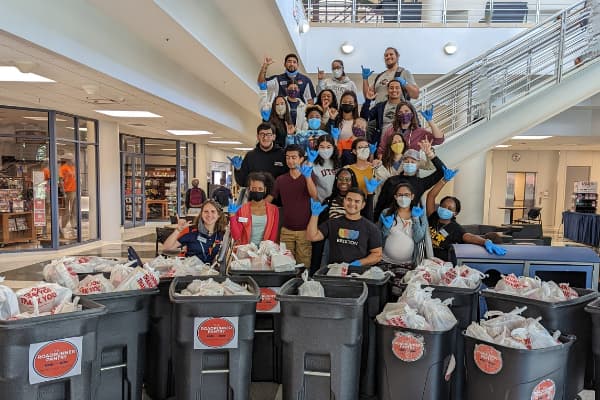Society Level
The final level of the SLA Program is based on the Society Domain of the Social Change Model, in which we examine the collective values of our large-scale social groups, including groups based on specific demographics or geographic boundaries. This level focuses on the macro-level of identity and social change, asking broad questions about the common values that we endorse and put into practice. These workshops and action steps approach leadership and community change from a holistic perspective, and help us to identify and practice ethical, socially responsible, and effective leadership.
Action Steps
- Complete all Society Level Workshops
- Create a Personal Development Plan for future growth
- Complete the SLA Post-Assessment to track growth in your leadership skills
Society Level Workshop
Society Workshop Descriptions
Ethics of Leadership
What is ethical leadership? In this session we examine definitions, necessary principles, and practice skills to navigate potentially challenging situations in the workplace, school settings and personal life. We will also share campus resources that support student leaders in this area. [NACE Competency - Professionalism/Work Ethic: Demonstrates integrity and ethical behavior; acts responsibly with the interests of the larger community in mind]
Leadership Theory
Participants will be introduced to three major theories of leadership: Servant Leadership, Transformational Leadership, and Situational Leadership. Students will also be tasked to create an action plan on how they can apply aspects of these theories during their time on campus. [NACE Competency - Leadership: Leverage the strengths of others to achieve common goals and use interpersonal skills to coach and develop others]

